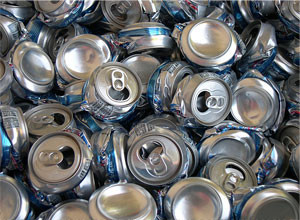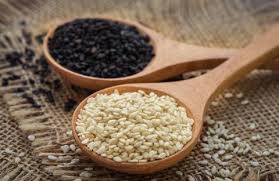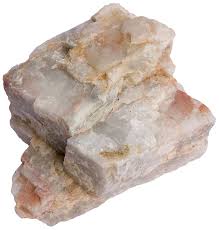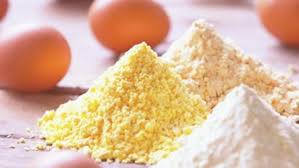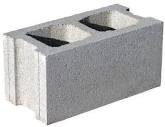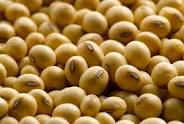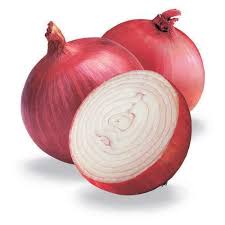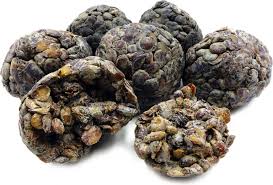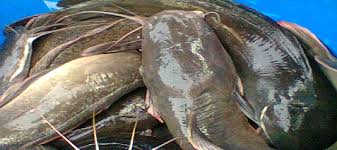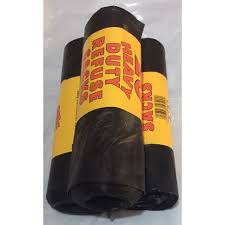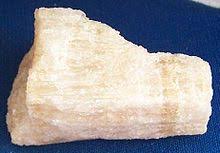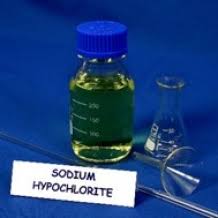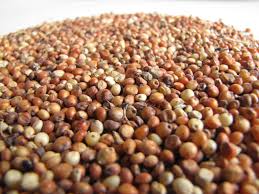Serviette Production In Nigeria; The Feasibility Report.
Serviette is consumed on daily basis by all and sundry irrespective of age, social class or religion for sanitary and cleaning purposes and the market for serviette is expected to grow along the population growth trend and the amount of disposable income.
Crayfish Grinding And Packaging In Nigeria; The Feasibility Report
Nigerian agriculture is characterized by considerable regional and crop diversity. Analysis of this sector, particularly the food sub-sector, is fraught with serious data problems. However, the available statistics provide a broad overview of development in agriculture upon which we can make some broad generalizations about its role in economic development and structural change in Nigeria.
GINGER POWDER PRODUCTION, PACKAGING AND SALES (LOCAL AND EXPORT) IN NIGERIA,THE FEASIBILITY REPORT.
Ginger is well known in many human communities around the world. It is the underground rhizome of a perennial tropical crop called Ginger plant (Zingiberofficinale).
Originally, the plant is a native of South Eastern Asia but over centuries has been introduced to various parts of the world like the Caribbean, the Americas and Africa. Presently, the top growers of the crop includes Jamaica, Indonesia, Fiji etc
Aluminum UBC (Used Beverage Can) Recycling and Aluminum Ingot Export in Nigeria; The Feasibility Report.
The demand for aluminium products is growing steadily because of their positive contribution to modern living. Aluminium is the second most widely used metal whereas the aluminum can is the most recycled consumer product in the world.
Sesame Seed Cleaning, Packaging and Export From Nigeria; The Feasibility Report.
Sesame seeds (or sesamum or benniseed) are the seeds of the tropical annual Sesamum indicum. The species has a long history of cultivation, mostly for its yield of oil.
Based on their colour difference, sesame seed in Nigeria can be classified into two (2) types namely the white/raw and black/mixed.
Barite Ore Mining And Milling In Nigeria, The Feasibility Report.
The Nigeria nation is blessed with abundant mineral resources; fossil fuels and solid minerals. The most popular being the fossil fuels since these constitute the nation’s greatest foreign exchange earner. They have, therefore, tended to overshadow the solid mineral sector of mining industry.
Egg Powder Production in Nigeria; The Feasibility Report.
Egg powder is produced from raw eggs by dehydrating or spray drying methods. Spray drying is a method to produce a dry powder egg by treating it with hot gas rapidly.
Standard Small Scale Concrete Block Production In Nigeria; The Feasibility Report
Arguably one of the best investment vehicle in the world is real estate development owning to a number of factors which includes the fact that shelter {housing} is one of the basic need of man, fixed supply of land and the ever increasing value of properties with time.
Nigeria with her current population estimated at over one hundred and sixty five million {165,000,000} growing at a rate of 3.5% per annum has a short fall in the supply of housing units that has been estimated to be between 16 – 17 million.
Columbite Ore Milling And Export In Nigeria, The Feasibility Report.
Nigeria is blessed with abundant mineral resources, which are from time immemorial formed the backbone of the nation’s economic and industrial development aspirations. Prior to independence, the nation’s mineral raw material resources contributed immensely to the export earnings of the nation.
Mechanized Soya Bean Cultivation and Full Fat Soya Production; The Feasibility Report.
Soybean prior to oil extraction is referred to as Full Fat Soybean. Full Fat Soybean meal is an adequately heat processed whole soybean. It contains complete amount of oil and protein naturally present in soybeans. They valued as a good poultry feed ingredient owing to its high oil (18%) and protein (38%) content.
Full fat soybean meal is different from regular Soybean Meal in that it has a full fat complement. Full fat Soybean has not been solvent extracted and it is often used as an energy source or for general balancing of the formula.
Onion Paste / Powder Production in Nigeria; The Feasibility Report.
Onion powder is used chiefly as a constituent in various food products i.e. this is sold to manufacturing concerns as a industrial raw material, hotels, restaurants, caterers and domestic consumption. Onion powder has also good export market. Therefore, has a very good scope for new entrants.
Iru Production From Locust Beans; The Feasibility.
Fermented seeds (‘soumbala’, ‘dawadawa’, ‘netetu’) serve primarily as a condiment for seasoning sauces and soups.
Gypsum Board Production in Nigeria; The Feasibility Report.
The growth and demand for gypsum board in this sector has been further strengthened by the boom in the Nigerian real estate sector, which is growing faster than the average GDP at a rate of 8.7 percent (GDP growth at 7.4 percent). The growth in the hospitality industry and the advent of new malls, commercial complexes and multiplexes also lend support to the growth prospects of this industry.
Cassava Tuber Cultivation And Cassava Starch Production In Nigeria, The Feasibility Report
Cassava is the most important root crop in Nigeria. Apart from being a staple crop in both rural and urban household’s cassava is a major source of income to cassava farmers and processors in the rural areas.
Catfish Farming, Processing (Smoking) and Packaging in Nigeria; The Feasibility Report.
The capacity of the proposed farm is thirty-six thousand (36,000) juveniles per production cycle of about five- six months to reach 1.5 kg table size with mortality rate of two percent (2%). After smoking we expect the weight to be around one (1) kg or more. The farm would have two production cycle in a year. The production capacity of the kiln would be three hundred (300) kg per day and it would operate at 80% of the installed capacity.
Waste (Trash) Bag Production In Nigeria; (From 50% Virgin Material And 50% Secondary Recycled Material); The Feasibility Report
Proper management of solid waste is critical to the health and well-being of urban residents. In Lagos metropolis, like most cities in the developing world, several tons of municipal solid waste is left uncollected on the streets each day, clogging drains, creating feeding ground for pests that spread disease and creating a myriad of related health and infrastructural problems.
Gypsum Mining, Gypsum Powder and Gypsum Board Production in Nigeria; The Feasibility Report.
Gypsum is a hydrated sulphate of calcium, found usually in clays and limestone, sometimes associated with sulphur. It is the principal commercial form of hydrated calcium sulphate (CaSO42H2O). It is usually formed by either the evaporation of salt in shallow inland seas or by the decomposition of pyrite (FeS) in the presence of calcium carbonate.
Palm Oil Production in Nigeria; The Feasibility Report.
Palm oil forms an important part of the local diet in Nigeria because animal fats such as milk and butter are hardly consumed. It is used both as a cooking material and as an ingredient in soups, sauces and a variety of local dishes.
Sodium Hypochlorite Production in Nigeria (Using Salt Brine As Raw Materials); The Feasibility Report.
Sodium Hypochlorite (NaOcCl) is a pale greenish liquid also known as soda bleach or liquid bleach. Sodium hypochlorite is a basic inorganic chemical with a wide variety of uses. It is used within industry to manufacture other substances, to treat textiles and as a powerful biocide for industrial sites (such as treatment of water for cooling systems).
Sorghum Flour Production in Nigeria; The Feasibility Report.
Sorghum (Sorghum bicolor (L.) Moench) is a cultivated tropical cereal grass. It is generally, although not universally, considered to have first been domesticated in North Africa, possibly in the Nile or Ethiopian regions as recently as 1000 BC1. The cultivation of sorghum played a crucial role in the spread of the Bantu (black) group of people across sub-Saharan Africa.




